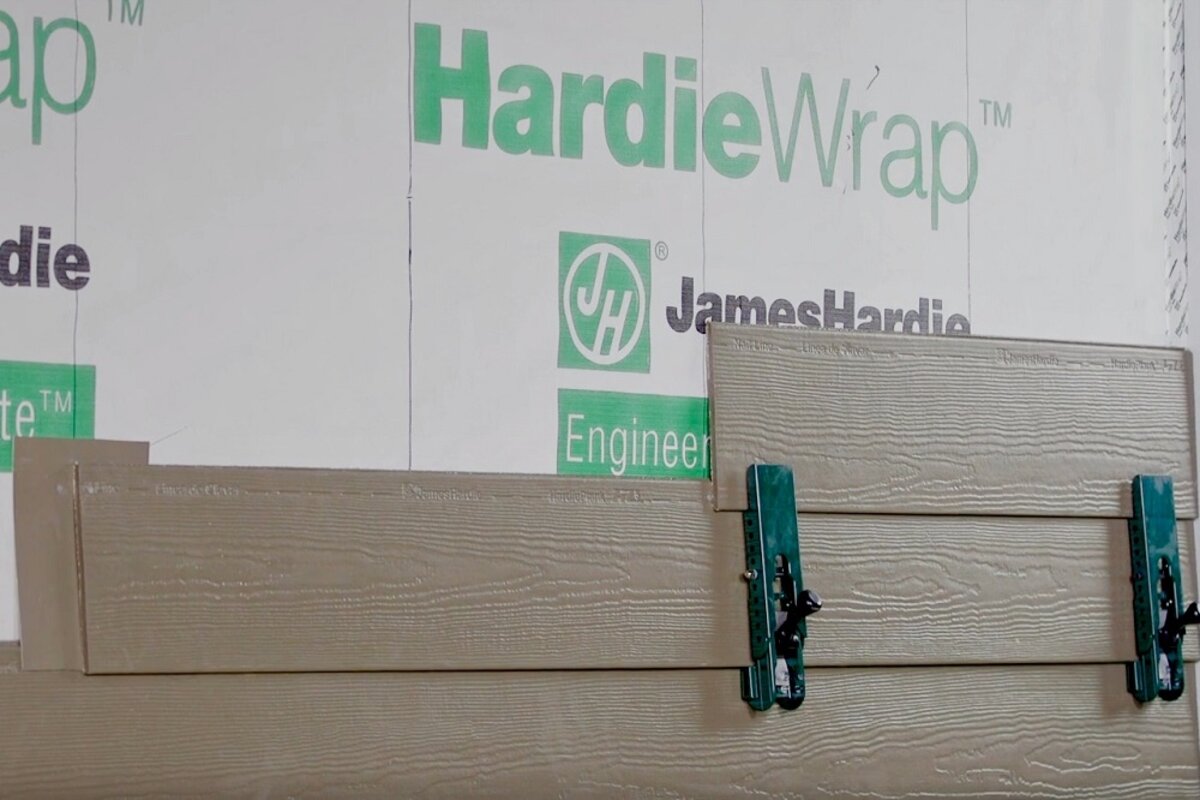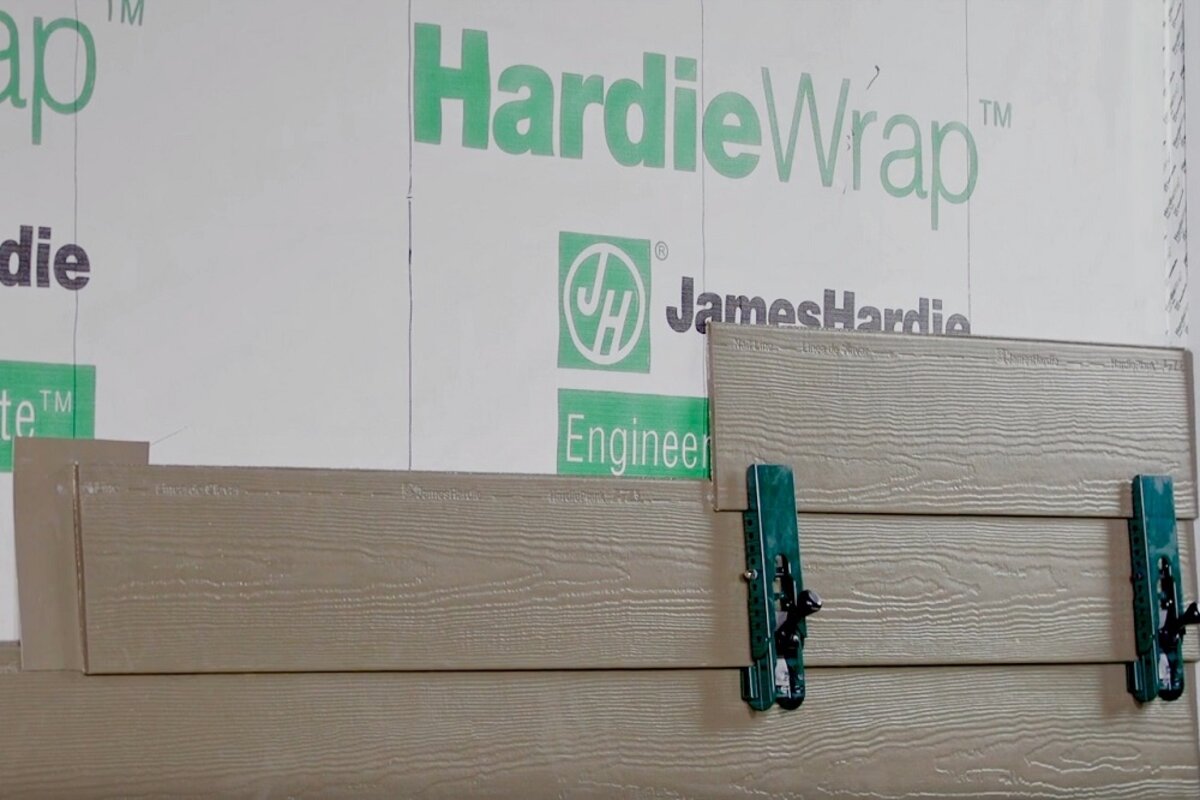When it comes to home improvement projects like siding replacement, finding the right contractor can make all the difference in the outcome of your project. There are several important questions you should ask siding contractors before hiring them to ensure a smooth and successful renovation. In this article, we will explore these essential questions and provide valuable insights to help you make an informed decision.
Are You Licensed and Insured?
One of the first and most critical questions to ask any siding contractor is whether they are licensed and insured. A reputable contractor should have no hesitation in showing you their license and providing proof of insurance. Licensing ensures that they meet the necessary legal requirements to operate as a contractor in your area, while insurance protects you and the contractor in case of accidents or damage during the project. Hiring an unlicensed or uninsured contractor can lead to complications down the road, so it’s vital to confirm their credentials.
Do You Need to Pull a Permit?
In some areas, such as Johnson County and Jackson County, it is mandatory to obtain a permit for siding installation. You should inquire whether your chosen contractor will handle the permit process or if it’s your responsibility. Hiring a contractor who neglects permits can lead to issues with the local authorities, causing unnecessary delays and problems. It’s crucial to work with a contractor who follows all legal requirements.
How Do You Handle Warranty Claims?
Knowing how a siding contractor handles warranty claims is essential in case something goes wrong after the installation. Ask about their warranty policy and inquire whether you can talk to previous homeowners who have experienced warranty claims. This will provide you with insights into their customer service and the ease of resolving any potential issues that may arise with your siding in the future.
Can You See References and Past Projects?
A reliable siding contractor should be more than willing to provide references and showcase their previous work. Request a list of references, and don’t hesitate to contact them to gather real feedback from homeowners who have worked with the contractor. Additionally, ask to see specific examples of their past siding projects, ideally within your city or a nearby location. This will help you assess the quality of their work and whether it aligns with your expectations.
Are Your Crews Factory Trained and Certified?
To ensure the expertise of the contractor’s team, inquire whether they employ factory-trained and certified crews. Understanding their level of training and certification from siding manufacturers can give you confidence in their skills and knowledge. Keep in mind that a contractor’s experience may not always reflect the competence of their subcontractors, so it’s crucial to dig deeper into the qualifications of the entire team.
What Is Your Work Schedule?
Clarify the contractor’s work schedule before making a hiring decision. Knowing when they plan to start and the hours they will be working is essential to avoid any surprises. Ensure they commit to a consistent work schedule and ask whether they plan to work on weekends. This information helps you manage expectations and avoid disruptions to your daily routine.
Conclusion
When it comes to hiring a siding contractor, it’s essential to be well-prepared and equipped with the right questions you should ask siding contractors before hiring. This investment in your home’s value and aesthetics deserves your careful consideration. By addressing concerns such as licensing, permits, warranties, references, crew qualifications, and work schedules, you can make an informed choice that will save you time, money, and potential headaches in the long run. Remember, thorough research and due diligence can lead to a successful siding project that enhances the beauty and durability of your home.
If you have any further questions or would like to discuss your siding project, please feel free to contact us. Your satisfaction and peace of mind are our top priorities.








